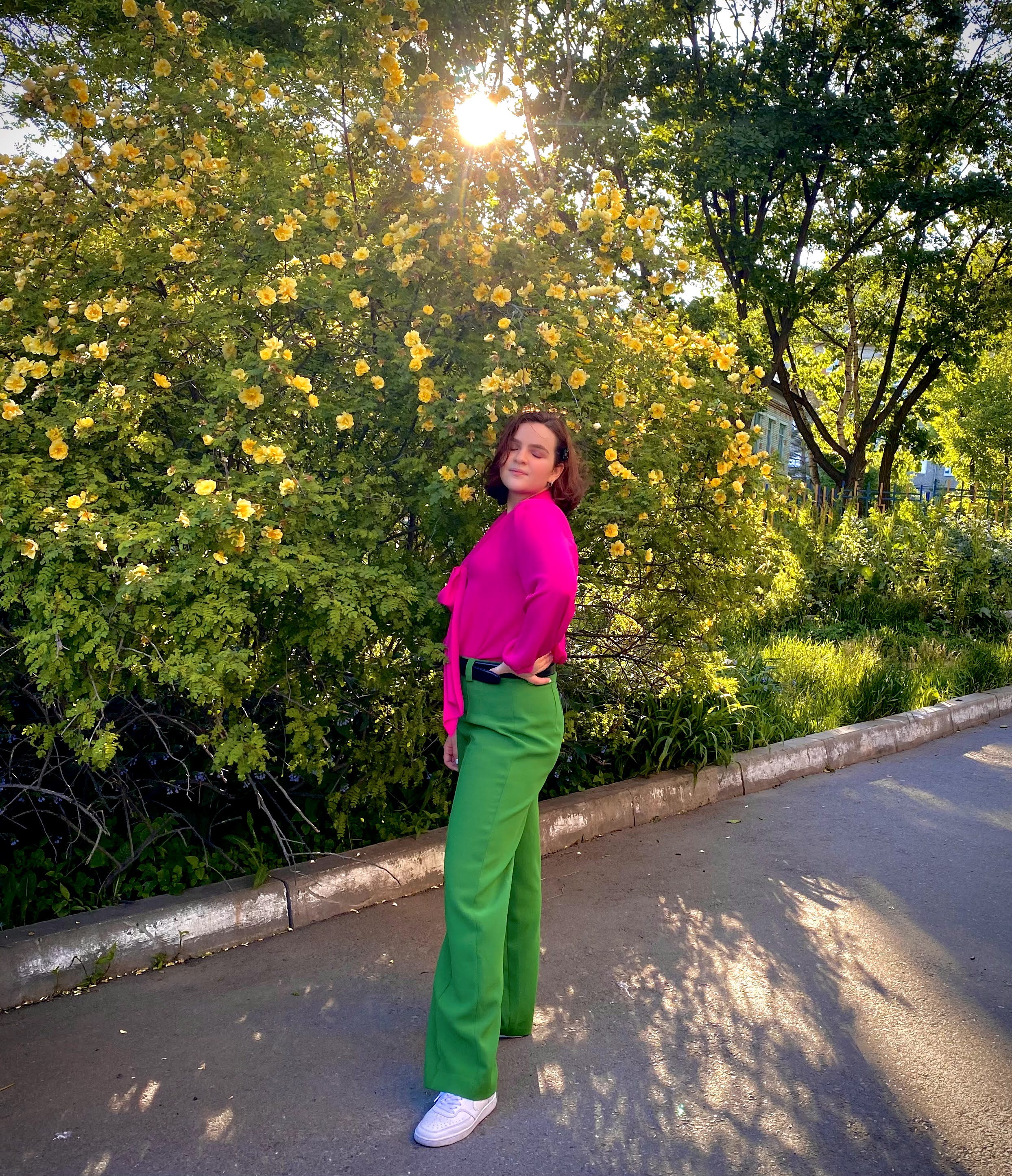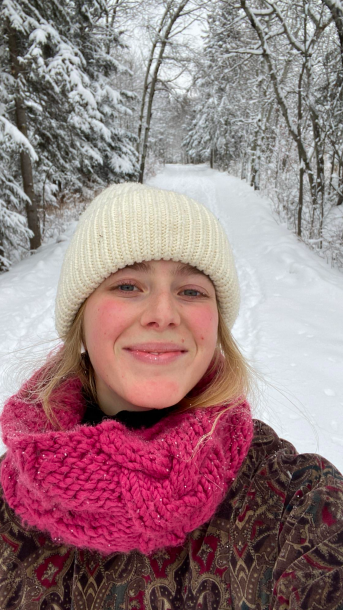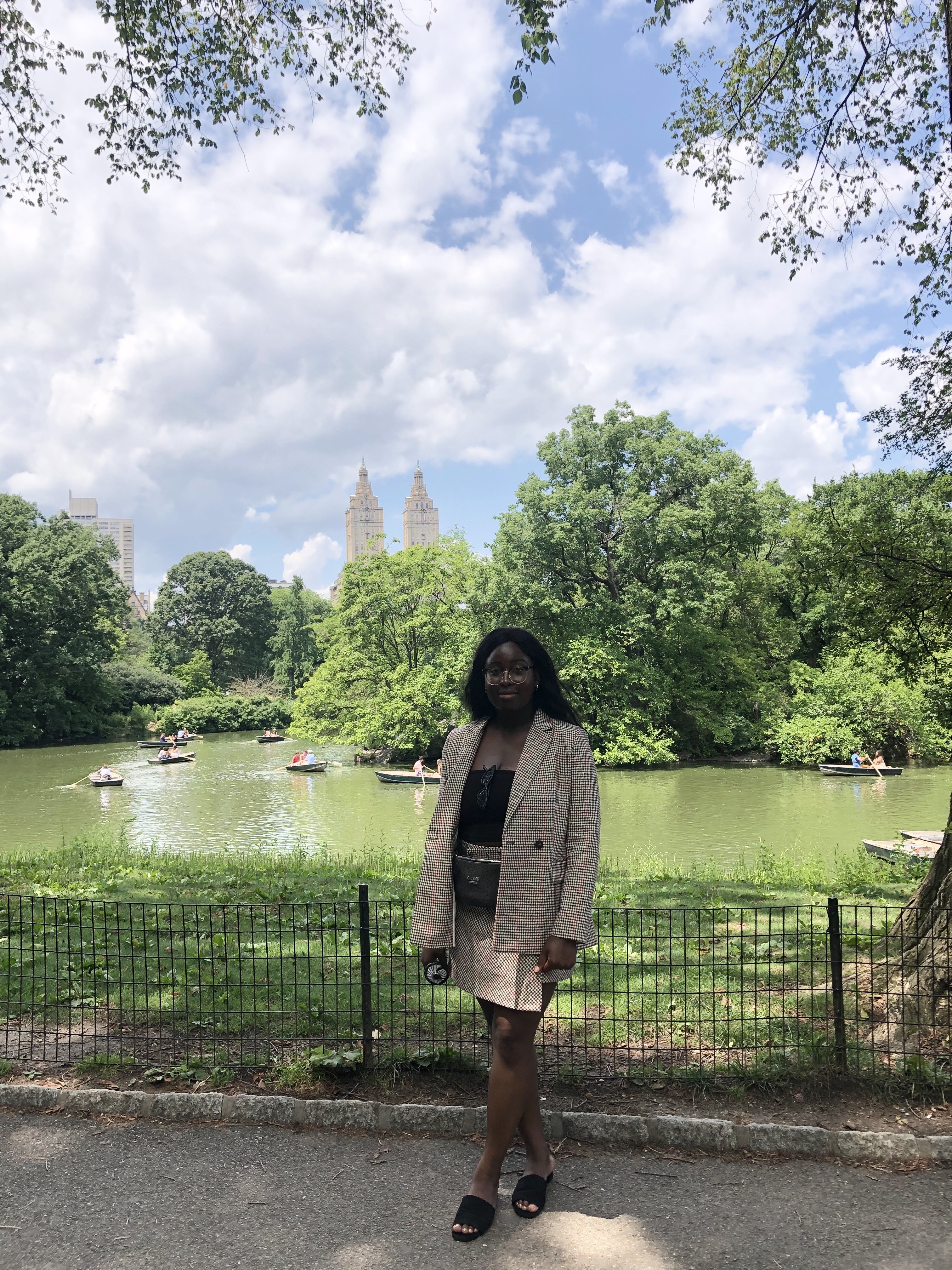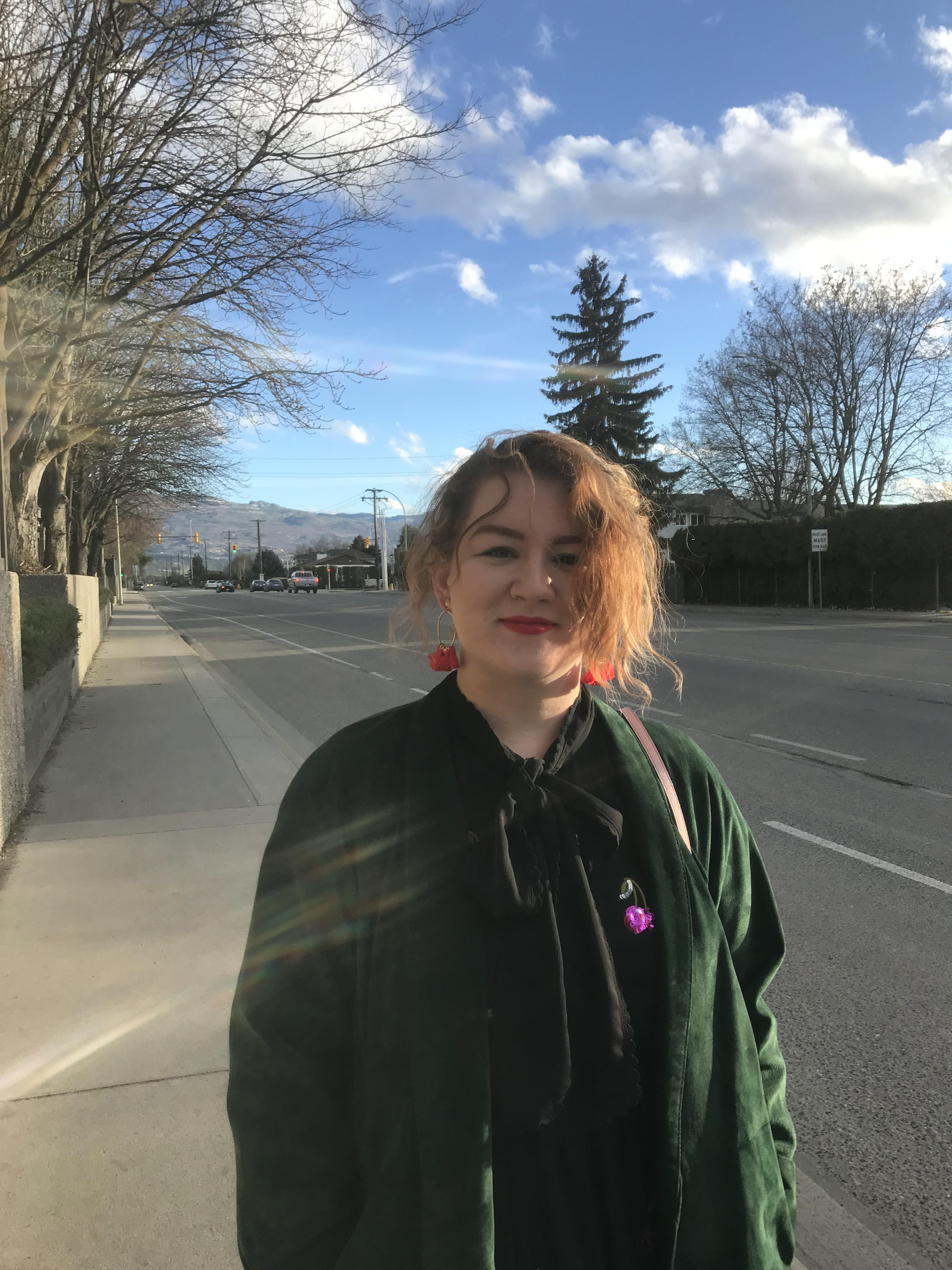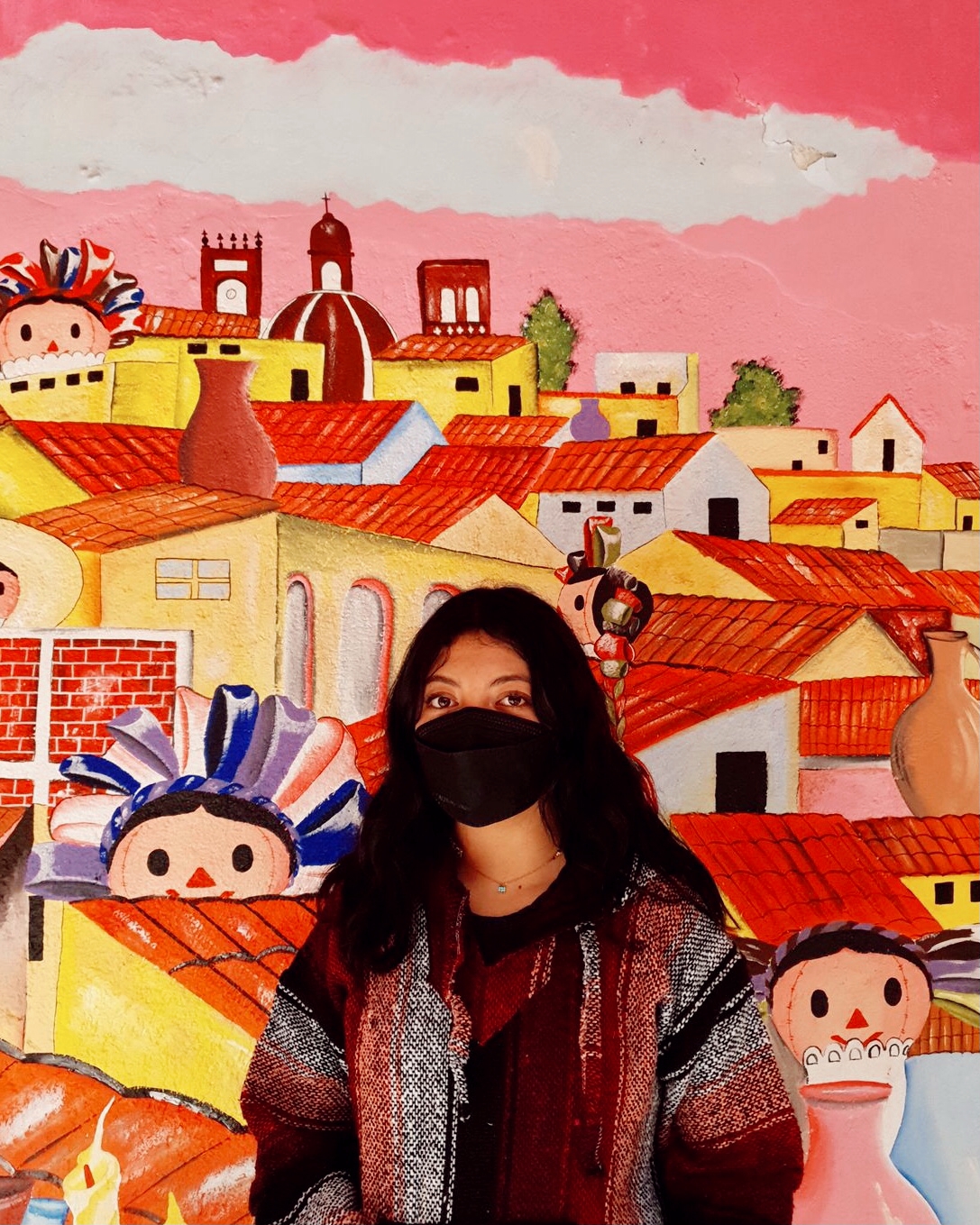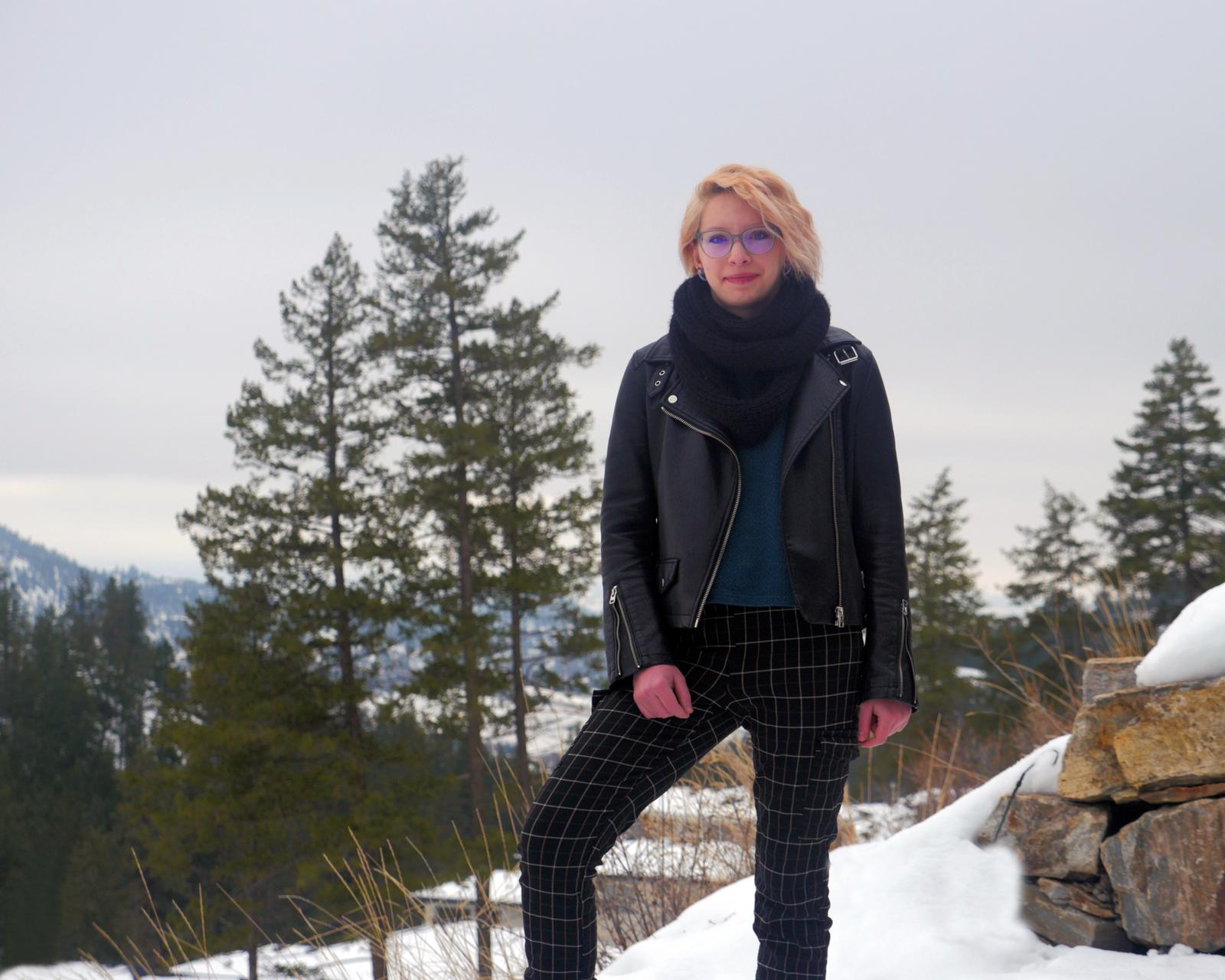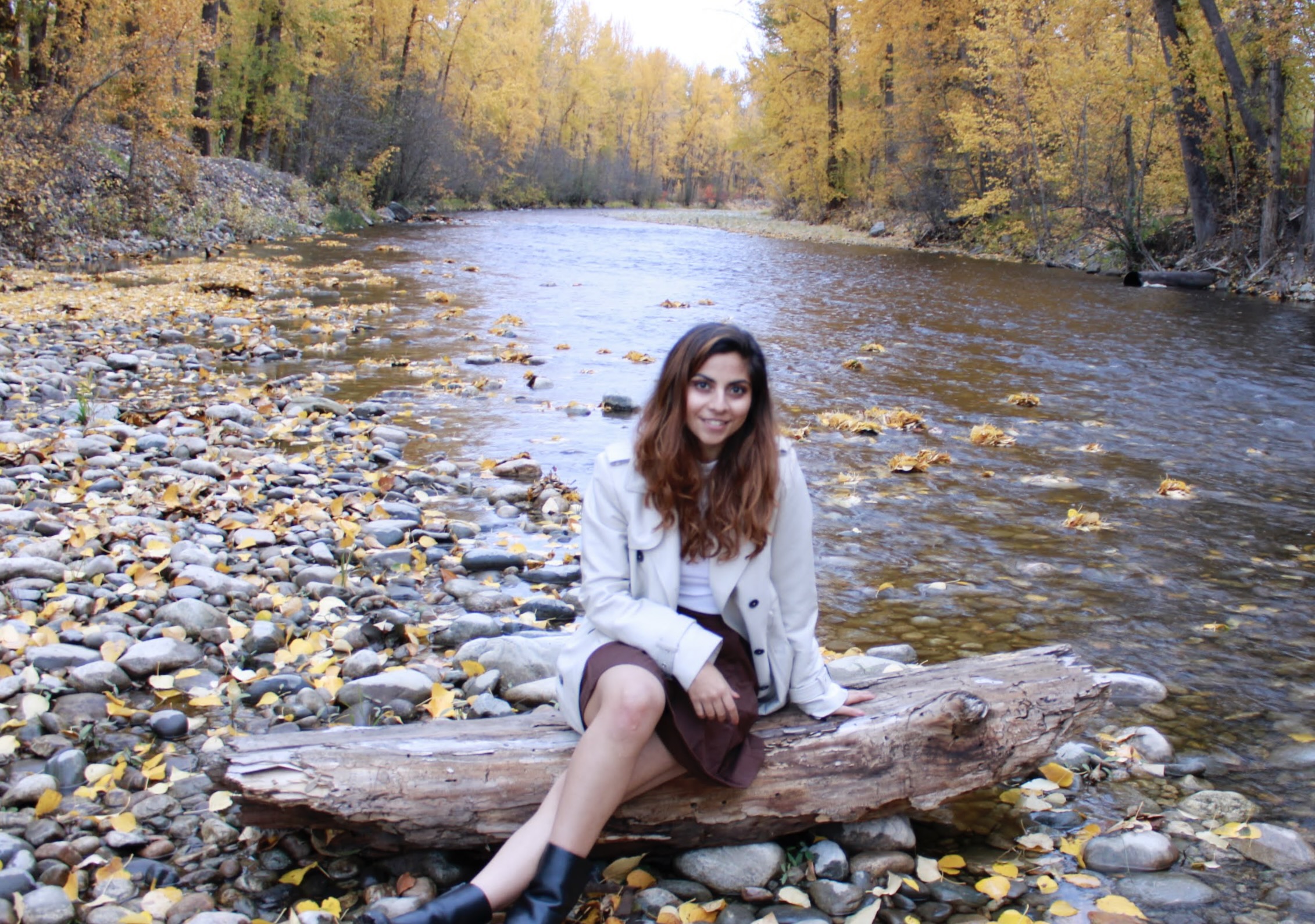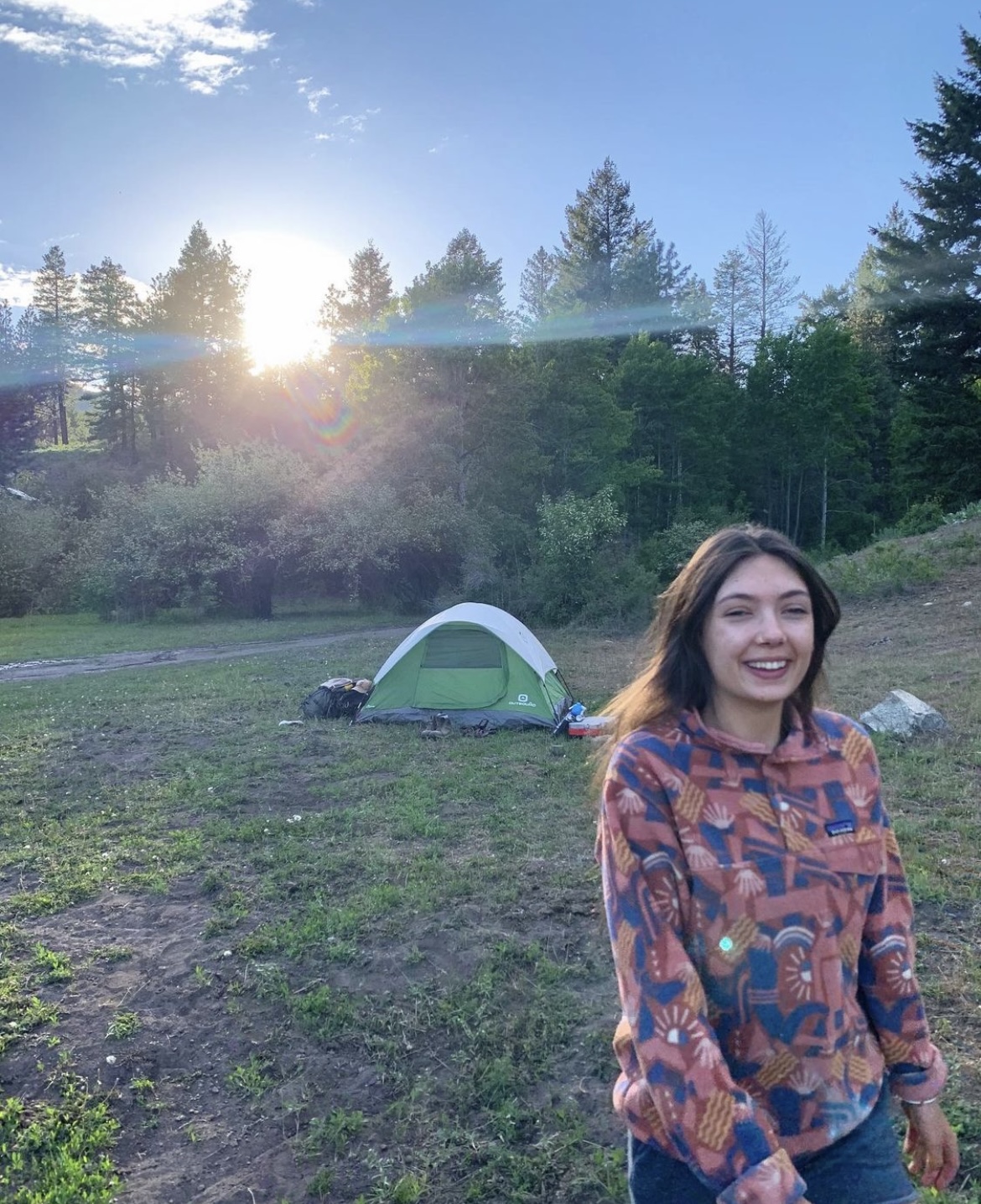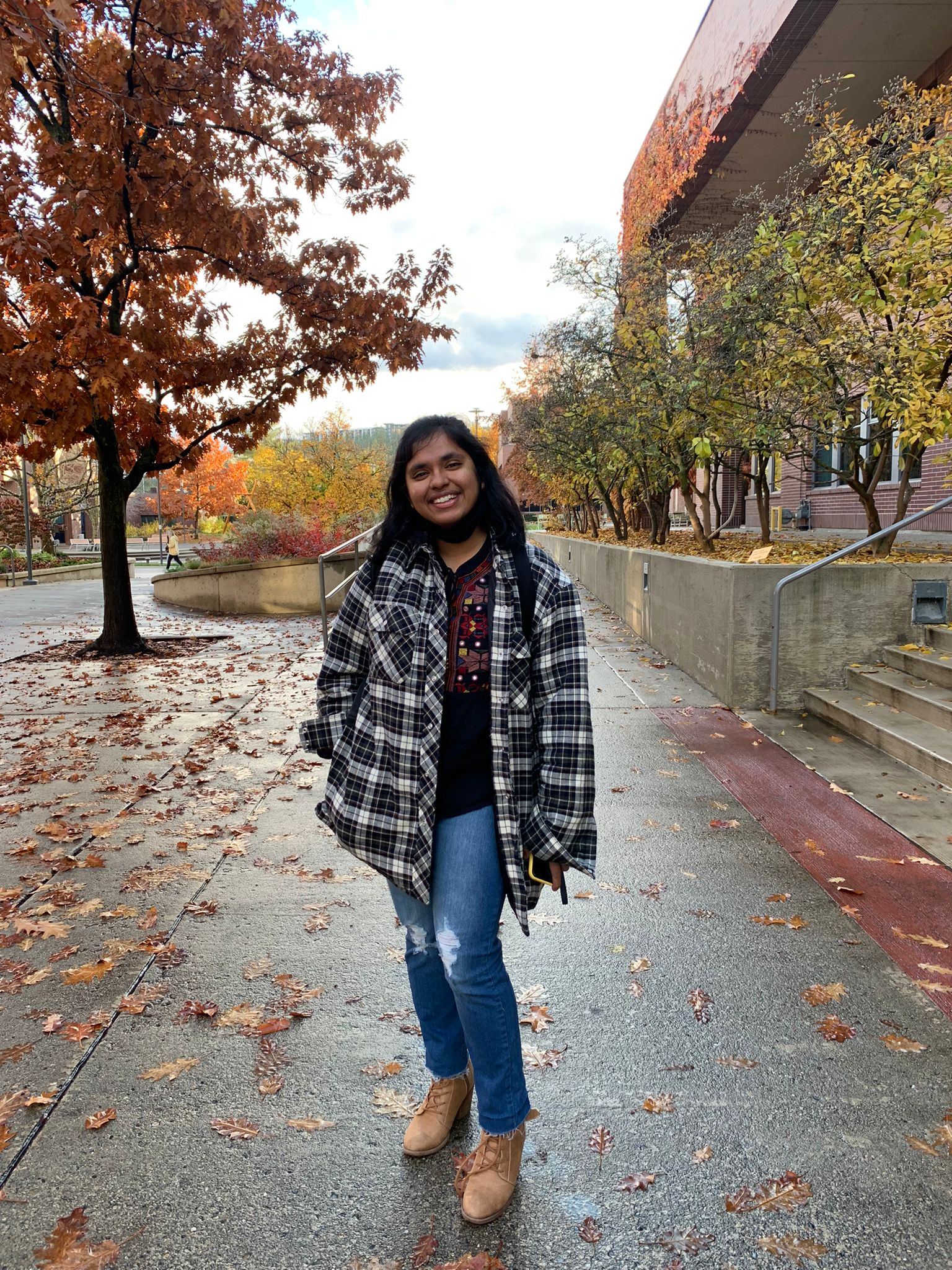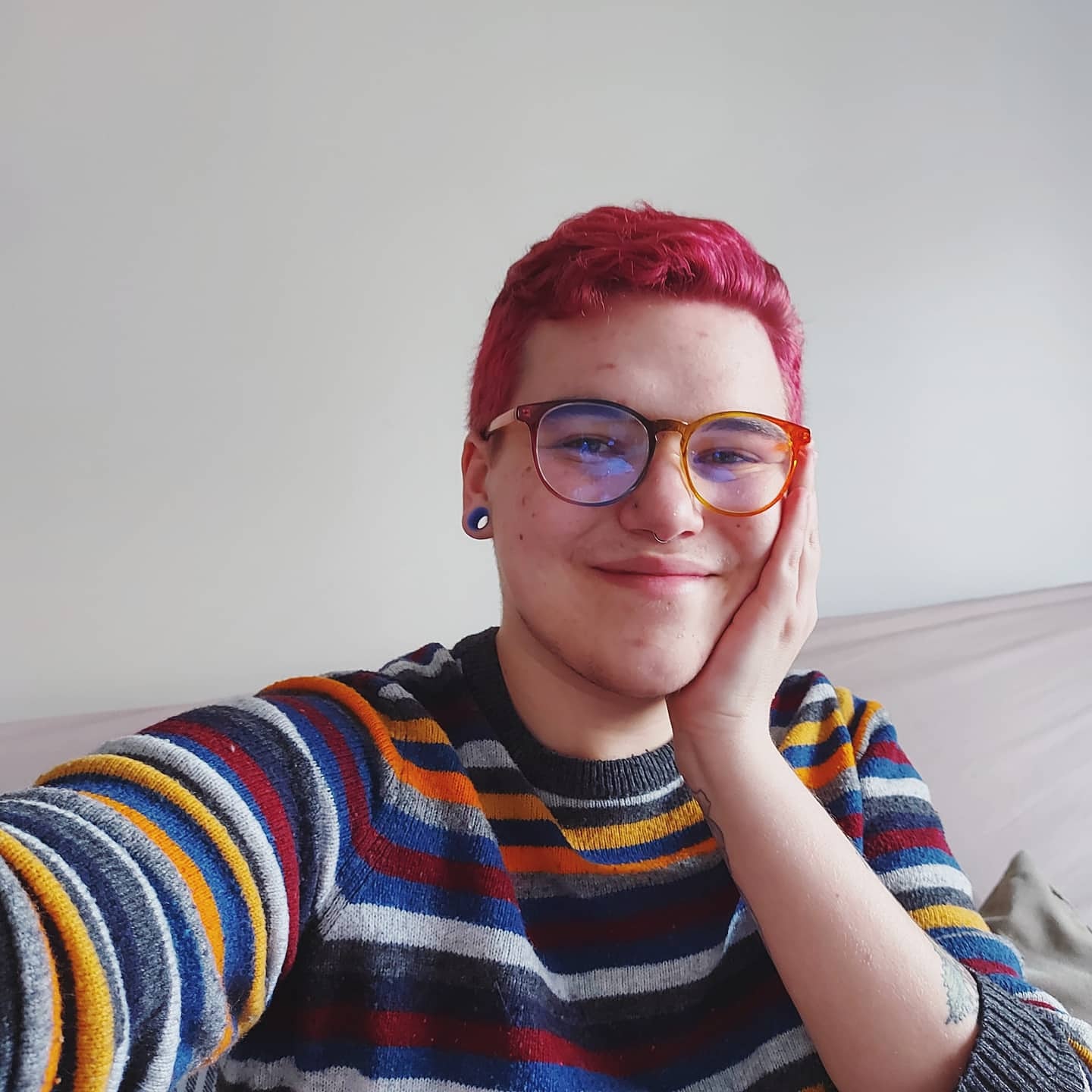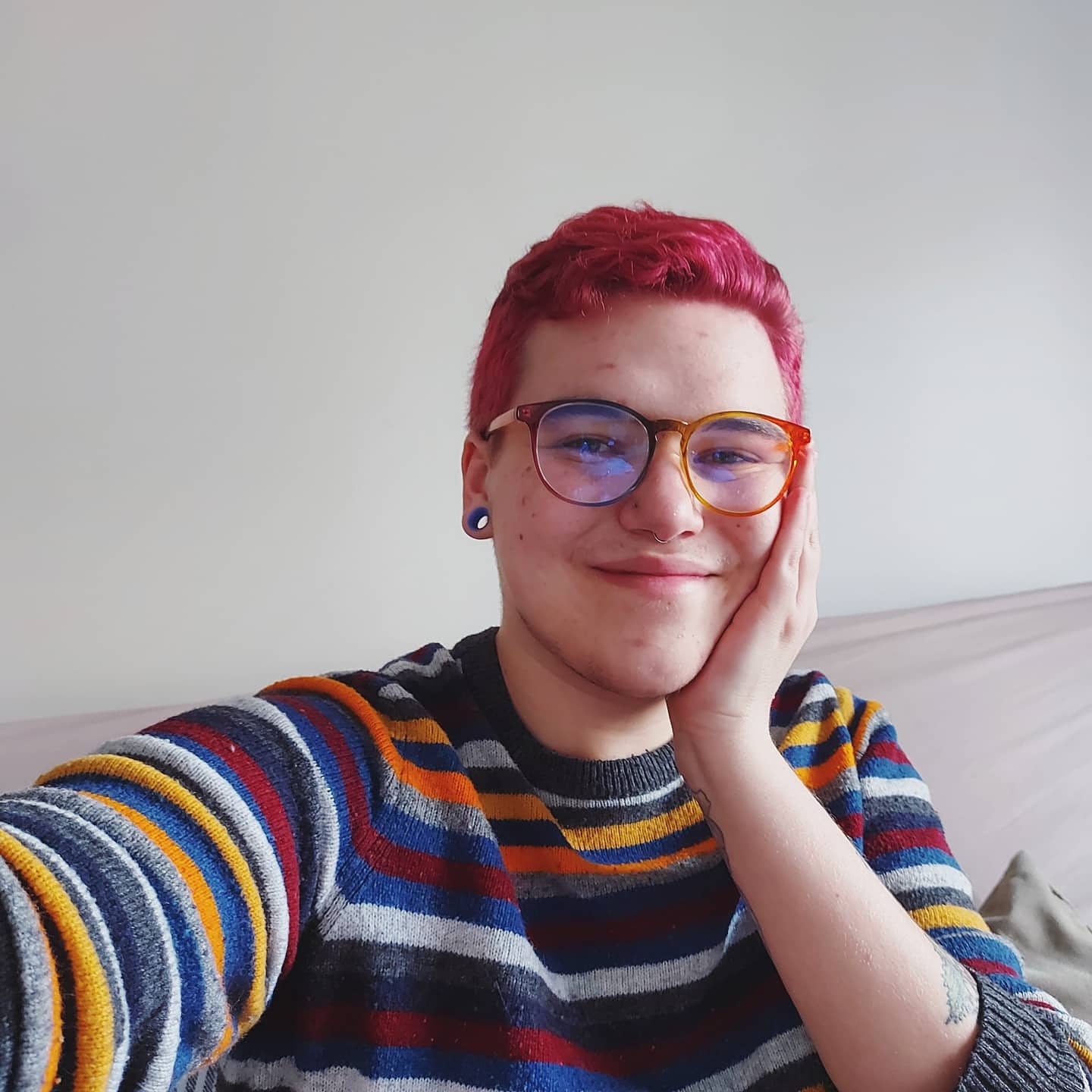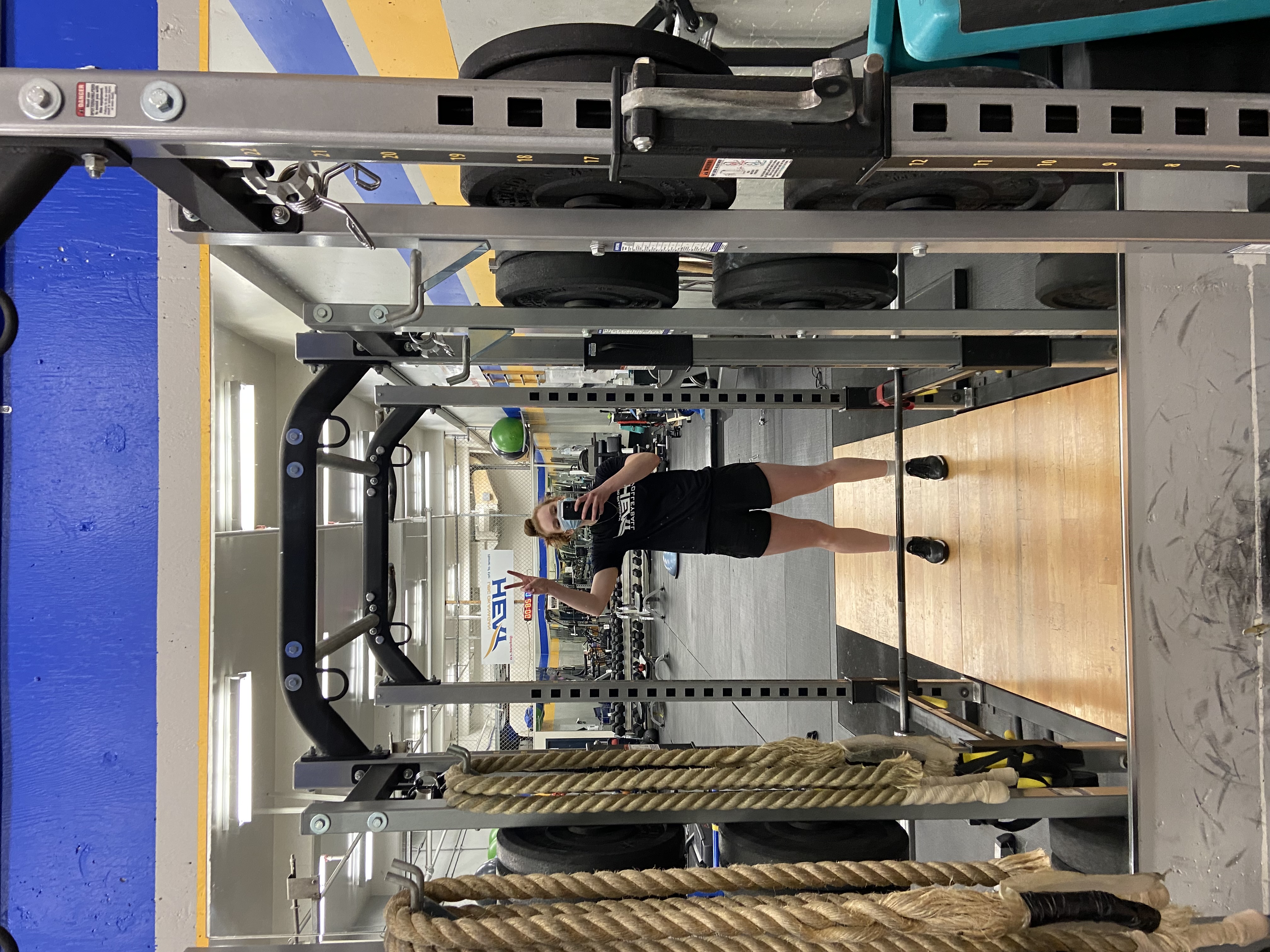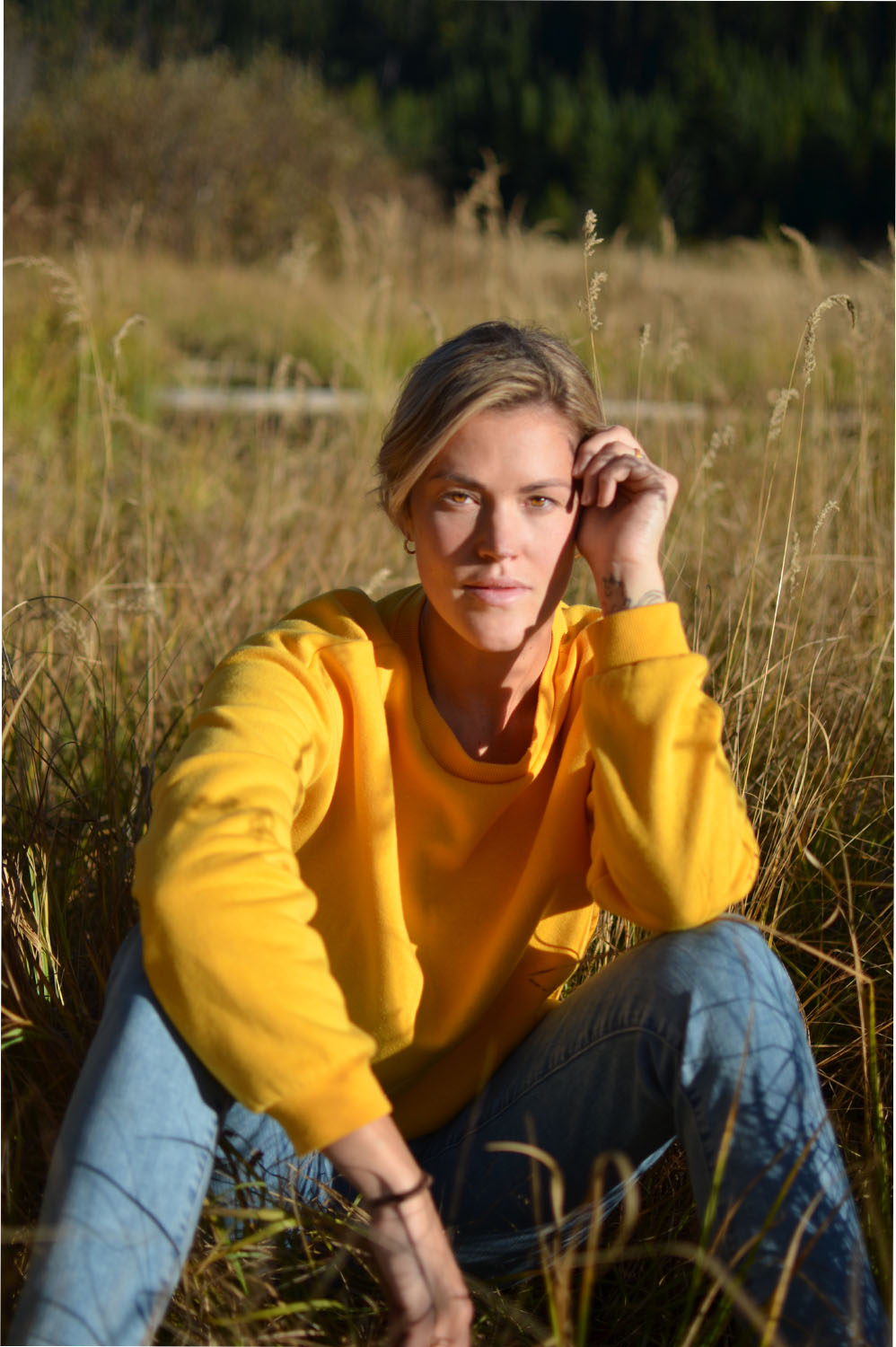Vol. 4 No. 1 (2022): Re-Creation

Dear Reader,
This year, we have come to face a number of legacies that are difficult to grapple with. This second year of the pandemic highlighted the overwhelming ableism apparent in our minds and our structures. Time and time again, the pandemic response has clearly shown that the government and the public see disabled and chronically ill folks as disposable - as nothing more than collateral so the “world” can go back to “normal.” This year also brought the harrowing realities of Canada’s residential school system to the forefront. In June, Tk'emlúps te Secwépemc First Nation released the news that two hundred and fifteen unmarked graves were on the grounds of the residential school in the community. Since then, a number of communities have had confirmation of unmarked graves using the same ground penetrating technology. As we write this letter, only 12 out of 139 residential schools have been searched and the number of unmarked graves has reached 1,987.
These distressing occurrences are just two of the number of other injustices and conflicts that we have had to reckon with. These histories and traumas must be faced - by all of us. That is what our theme, re-creation, is asking us to do. It asks us to reimagine, refigure, and reconsider how the shapes and structures of our world need to be transformed. A transformation that does not assume a blank slate to begin from. A transformation that demands we recognize and work with our pasts and our futures.
This year brought forward a call to face the histories we have created, curated, and inherited, while also working towards a future that honours and values all of us. As guests on Syilx land, Syilx knowledge traditions have informed our scholarly approaches. Shared with one of our board members, Dani, from Dr. Bill Cohen at Okanagan College, is that the name Syilx translates to "dream in a spiral." From Dani’s understanding, this concept positions the community or person in the centre with their lives connecting to, interacting with, being informed by the past, present, and future as it spirals outwards. This concept may help us approach reimagining as growing from and with the present, while also growing from and with the past and future.
The many pieces of art, poetry, and writing featured in this issue of That’s What [We] Said point to the areas in need of radical reformation and also show transformation in action. They consider the histories already around us and search for new ways to approach the world with it in mind. They also reflect on our everyday relations to reimagine a new way for them to exist.
This theme of re-creation has also extended into the creation of this journal as well. As a team, we have been able to curate a slowness that lends itself well to the intentional collaboration that has been central to the success of this journal. We have maintained a non-hierarchical structure that honours our different strengths in leadership and teamwork. For many of us, working in this way has been a conscious choice and a new experience. We are grateful to one another for the deep respect we have cultivated between us. It has helped to recreate our approaches to future collaborative endeavours.
Finally, we want to send a million thank yous to our contributors, who so graciously offered their intimate understandings and representations of re-creation. It is your work that shaped this journal into a magnificent masterpiece.
This issue is brimming with new perspectives to learn from, so we hope you enjoy reading and that it encourages you to re-create in your own life!
Many thanks,
That’s What [We] Said Editorial Team
Land Acknowledgement
We want to acknowledge that UBC Okanagan is situated on the unceded, ancestral territory of the Syilx Okanagan Nation. Indeed, there is a lot of work left to be done towards solidifying Indigenous rights, sovereignty, and decolonization, especially on the part of non-indigenous people who are on this land.
Within a pandemic-ridden world, the systemic racialisation and discrimination of Indigenous communities were amplified and brought to the forefront through the confirmation of thousands of unmarked graves on the grounds of residential schools, militarisation of the Land Back movement, and lack of access to good healthcare. As many folks mourned the separation from their loved ones all around the world, it is critical to remember that many Indigenous communities are subjected to the colonial systemic destruction of families through the crisis of missing and murdered Indigenous women, girls, trans, and two-spirit peoples. Even though Canada has ratified the United Nations Declaration on the Rights of Indigenous Peoples, we still have a long road ahead towards dismantling systems of power. However, by embodying the ideology of re-creation and envisioning reconciliation rooted in Indigenous knowledges, sovereignty, joy, and power, we can take the first step towards making this a reality.
As a feminist journal operating out of an academic institution, we recognize our part in involuntarily reinforcing systems of power that are currently in place. We also acknowledge that much of feminist thought has been, and continues to be, rooted in colonial ethos. Going forward, we aim to do our part in decolonizing these discourses by centring the works and voices of our BIPOC students, authors, and artists.
We are grateful to the Syilx Peoples for their stewardship, teachings and decolonial efforts which make conversations and work around anti-racism and feminism possible.

